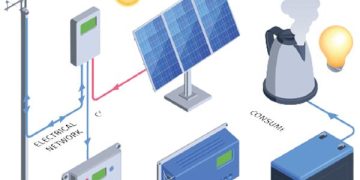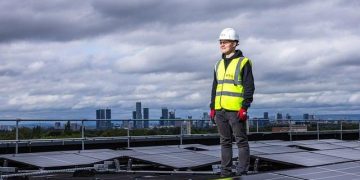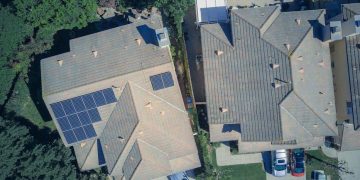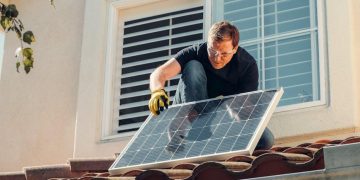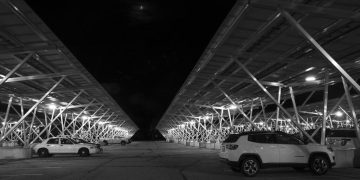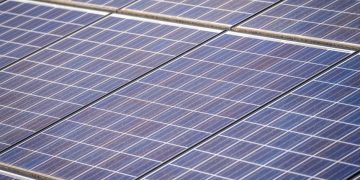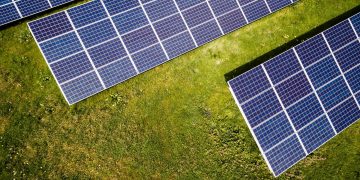In a world increasingly defined by its technological marvels and environmental challenges, the notion of self-sufficiency has never been more alluring. As urban landscapes expand and energy demands rise, a growing number of individuals are contemplating a return to a simpler, more autonomous way of life. This burgeoning interest is often encapsulated by a single, compelling question: Can you go off-grid with residential solar power? The concept evokes images of sunlit rooftops, humming with the silent promise of sustainability, where the power of the sun replaces the humdrum reliance on traditional energy grids. Yet, as appealing as this vision may be, the journey to energy independence is complex and layered, demanding a careful exploration of technology, feasibility, and lifestyle changes. This article delves into the practicality of living off-grid with residential solar power, unraveling the myths, the challenges, and the potential for a future where the sun truly powers our lives.
Harnessing the Sun: Exploring the Viability of Off-Grid Living
Imagine a life where your energy needs are met by the radiant power of the sun, and you’re liberated from the grid’s grasp. This vision is becoming increasingly attainable with advancements in residential solar technology. Solar panels, when combined with efficient storage systems, can transform homes into self-sustaining sanctuaries. While the idea is enticing, several factors must be considered to determine its feasibility for individual households.
Key Considerations include:
- Location and Climate: Sunlight availability varies widely depending on geographical location, influencing the amount of energy that can be harvested.
- Energy Consumption: An accurate assessment of your household’s energy needs is crucial to ensure that your solar setup can meet these demands.
- Initial Investment: While the cost of solar panels has decreased, the upfront expense can still be significant, necessitating a careful cost-benefit analysis.
- Maintenance and Longevity: Regular maintenance is essential to keep the system efficient, and understanding the lifespan of solar components can help plan for future replacements.
By weighing these factors, homeowners can better assess the practicality of embracing a sun-powered lifestyle. The journey to off-grid living is not just a shift in energy sources but a transformative lifestyle choice that calls for careful planning and commitment.
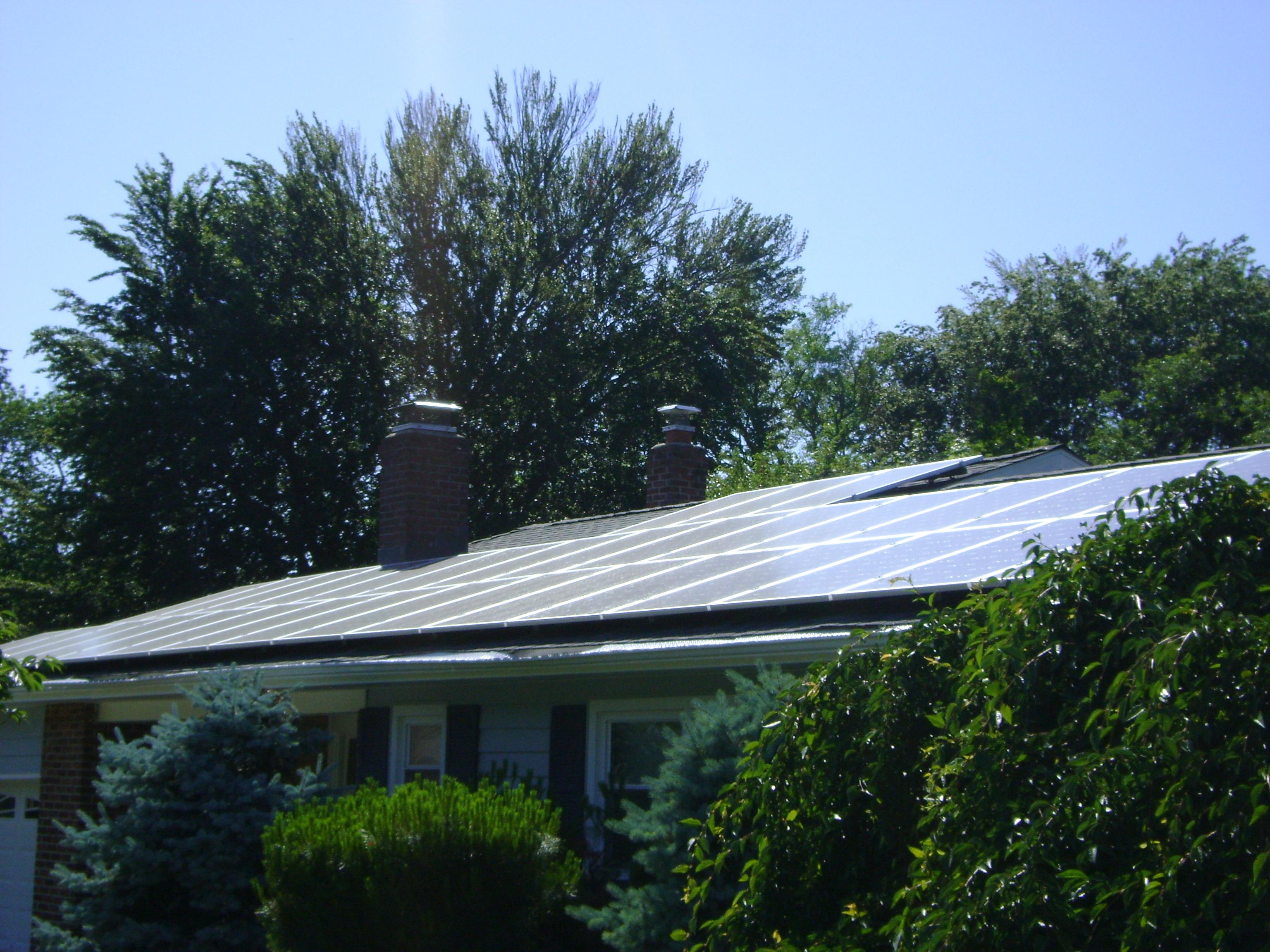
Understanding System Requirements: Solar Panels, Batteries, and Beyond
Transitioning to an off-grid lifestyle with residential solar power requires a keen understanding of the system requirements necessary to achieve true energy independence. At the core of this endeavor are the solar panels, which harness the sun’s energy, and the batteries, which store this energy for use during non-sunny hours. But there is more to consider when designing an off-grid system.
Here’s a quick rundown of essential components and considerations:
- Inverter: Converts DC electricity from solar panels and batteries to AC electricity, which powers household appliances.
- Charge Controller: Regulates the voltage and current coming from the solar panels to the batteries to prevent overcharging.
- Energy Management System: Monitors and manages the flow of electricity between panels, batteries, and loads, optimizing energy use.
- System Size: Careful calculation of daily energy consumption is crucial to determine the appropriate size of your solar and battery system.
Each component plays a critical role in ensuring that the system runs smoothly and efficiently, making the dream of going off-grid not just a possibility, but a practical reality.
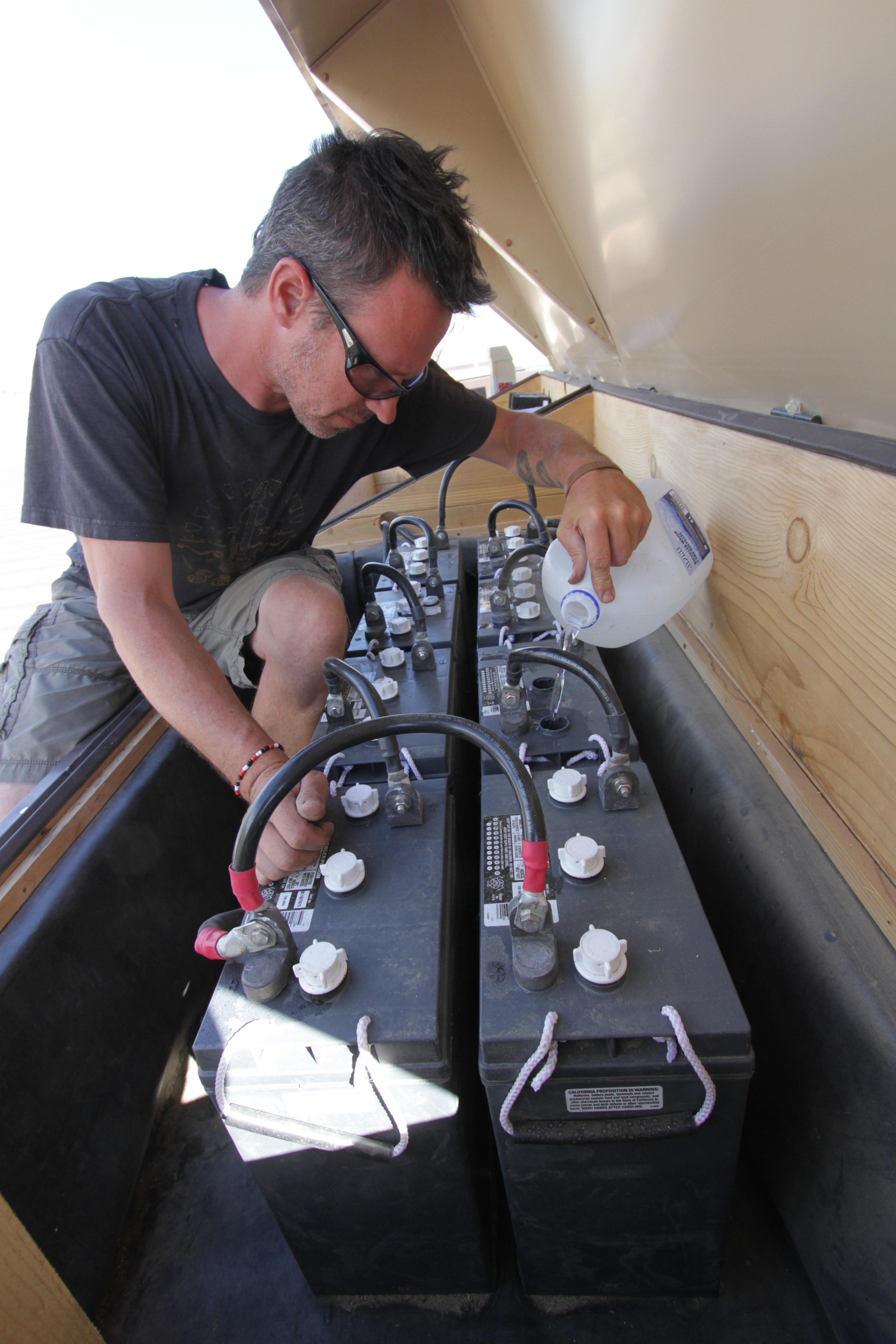
Financial Considerations: Calculating Costs and Savings of Going Off-Grid
Transitioning to an off-grid lifestyle with residential solar power requires a thoughtful evaluation of both costs and potential savings. Initial costs can be significant, encompassing the purchase of solar panels, inverters, batteries, and other necessary equipment. Additionally, you may need to budget for installation and maintenance services. While these upfront expenses might seem daunting, it’s crucial to consider the long-term financial benefits. By generating your own electricity, you can drastically reduce or even eliminate your monthly utility bills.
To make an informed decision, consider these financial aspects:
- Installation Costs: Understand the cost of solar panel systems, which can vary based on size and technology.
- Incentives and Rebates: Research available government incentives, tax credits, and rebates that can significantly lower initial expenses.
- Maintenance Savings: Over time, low-maintenance solar systems can lead to reduced operational costs compared to traditional power sources.
- Energy Independence: Evaluate the potential savings from avoiding future utility rate hikes.
By weighing these factors, you can determine whether the financial investment aligns with your goals of sustainability and energy independence.
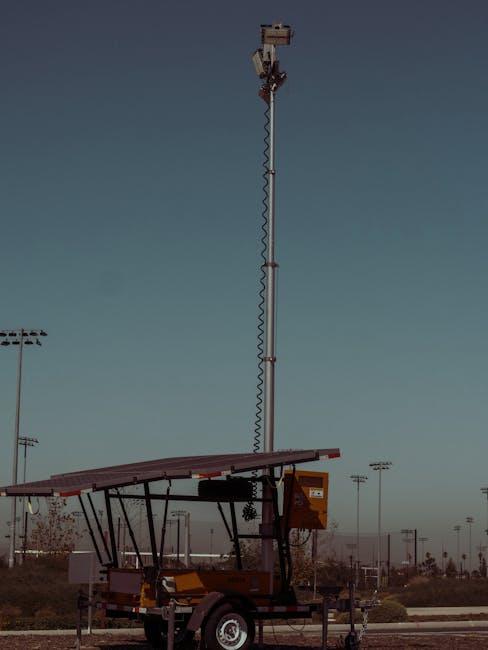
Navigating Legal and Environmental Challenges in Off-Grid Solar Transition
Embarking on the journey towards off-grid living with solar power is an exciting endeavor, but it comes with its own set of legal and environmental hurdles. Navigating these challenges requires a keen understanding of local regulations and sustainable practices. For instance, zoning laws and building codes can vary widely, impacting where and how you can install solar panels. Some areas may have restrictions on battery storage systems or require specific permits for energy installations. It’s crucial to consult with local authorities and possibly a legal expert to ensure compliance and avoid potential fines or the need for costly modifications.
On the environmental front, adopting an off-grid solar system is a step towards reducing your carbon footprint, but it demands careful planning. Considerations include:
- Site Assessment: Evaluate the location’s solar potential, taking into account factors like shading and roof orientation.
- Sustainability Practices: Implement measures to minimize environmental impact, such as using eco-friendly materials and ensuring proper disposal of old energy systems.
- Energy Efficiency: Optimize your home’s energy consumption to reduce the overall demand on your solar system.
By proactively addressing these legal and environmental aspects, you can smoothly transition to an off-grid lifestyle while fostering a more sustainable future.
Wrapping Up
the dream of going off-grid with residential solar power is not just a utopian vision but a tangible reality for many. As we navigate the ever-evolving landscape of renewable energy, the possibilities continue to expand, fueled by innovation and a collective desire for sustainability. While challenges remain, from initial costs to technological limitations, the journey toward energy independence is one paved with promise and potential. As the sun sets on traditional energy paradigms, it rises on a future where individuals have the power—quite literally—to illuminate their lives in harmony with nature. Whether you choose to take the plunge or simply dip your toes into the world of solar energy, one thing is certain: the choice to harness the sun’s power is a testament to human ingenuity and resilience.


